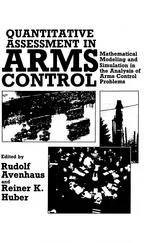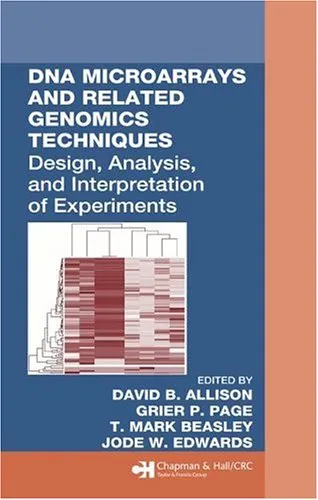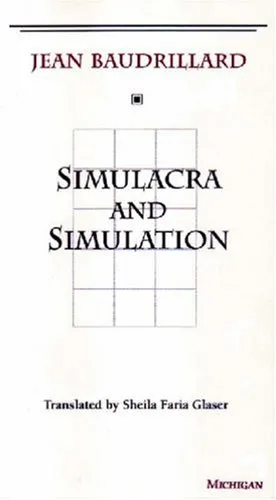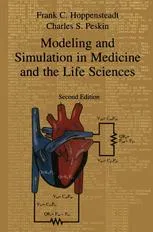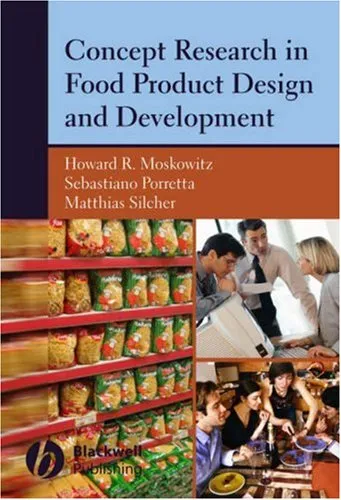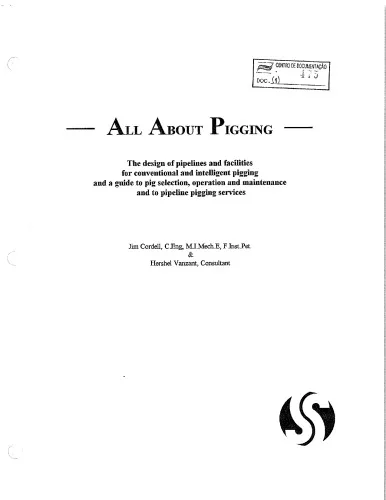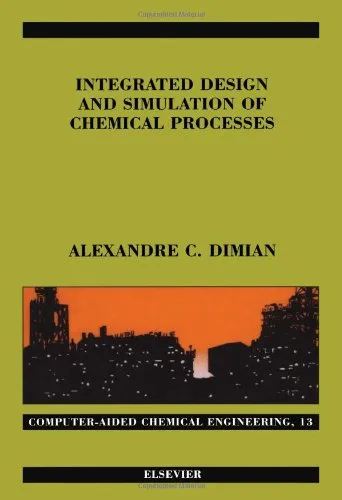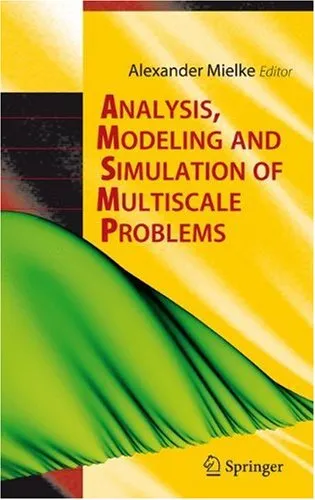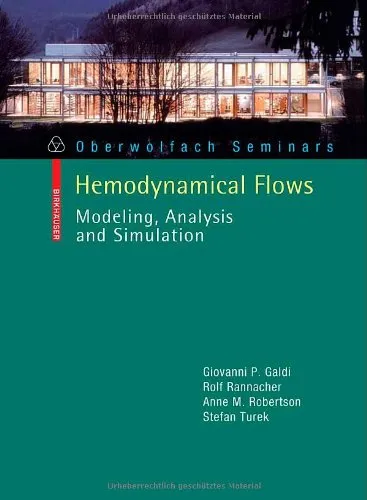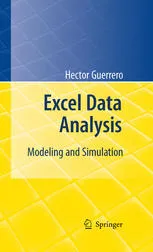Quantitative Assessment in Arms Control: Mathematical Modeling and Simulation in the Analysis of Arms Control Problems
4.8
Reviews from our users

You Can Ask your questions from this book's AI after Login
Each download or ask from book AI costs 2 points. To earn more free points, please visit the Points Guide Page and complete some valuable actions.Related Refrences:
Quantitative Assessment in Arms Control: Mathematical Modeling and Simulation in the Analysis of Arms Control Problems is a seminal work that addresses the complexities and nuances of arms control through a rigorous mathematical lens. Edited by Rudolf Avenhaus and Reiner K. Huber, this book presents a comprehensive framework for understanding and navigating the challenging landscape of international arms control agreements.
Detailed Summary of the Book
The book commences with an exploration of the fundamental principles of arms control, diving into both historical context and modern-day challenges. It is an academically robust endeavor that seeks to provide readers with insights into how mathematical modeling and simulation can enhance the efficacy and reliability of arms control negotiations and verifications. By employing quantitative methods, the authors offer a new perspective on traditional arms control metrics.
Subsequent chapters delve into the specifics of mathematical methodologies employed in the analysis of arms control problems. These sections meticulously cover topics such as game theory, statistical analysis, and probability assessments. The book posits that by applying these mathematical techniques, policy-makers and analysts can better anticipate and mitigate potential risks associated with nuclear proliferation and disarmament.
Furthermore, this book showcases a series of case studies that exemplify the application of these quantitative methods in real-world scenarios. By drawing on historical and hypothetical examples, the authors illuminate the practical applicability and potential limitations of these techniques, providing a balanced account that is both thorough and accessible.
Key Takeaways
- The importance of quantitative analysis in the development and verification of arms control agreements.
- How mathematical modeling can identify and reduce uncertainties in arms control processes.
- The role of game theory and statistical methods in simulating arms control scenarios.
- A nuanced understanding of the historical context and evolution of arms control policies.
Famous Quotes from the Book
"The pursuit of arms control is not merely a political or military endeavor, but one that requires a rigorous analytical framework to navigate the complex interplay of international relations."
"Mathematical models serve as essential tools in envisioning and constructing a world where arms control is not only achievable but sustainable."
Why This Book Matters
The significance of "Quantitative Assessment in Arms Control" extends beyond its scholarly contributions; it represents a bridge between theoretical analysis and practical policy-making. At a time when global uncertainty and tensions often overshadow rational discourse, this book provides a beacon for those seeking to develop pragmatic and informed approaches to arms control.
For academics, practitioners, and policy-makers, the book serves as both a guide and a resource that enriches their understanding of how quantitative methods can be utilized to tackle some of the most pressing challenges in arms control today. It equips readers with the necessary tools to critically assess current strategies and to innovate new solutions that reflect the dynamic nature of international security.
Ultimately, this book asserts that integrating mathematical analysis into arms control discussions not only enhances intellectual rigor but also contributes to global peace efforts. Through this lens, the work of Avenhaus and Huber is not just relevant—it is essential.
Free Direct Download
You Can Download this book after Login
Accessing books through legal platforms and public libraries not only supports the rights of authors and publishers but also contributes to the sustainability of reading culture. Before downloading, please take a moment to consider these options.
Find this book on other platforms:
WorldCat helps you find books in libraries worldwide.
See ratings, reviews, and discussions on Goodreads.
Find and buy rare or used books on AbeBooks.
1273
بازدید4.8
امتیاز0
نظر98%
رضایتReviews:
4.8
Based on 0 users review
Questions & Answers
Ask questions about this book or help others by answering
No questions yet. Be the first to ask!
